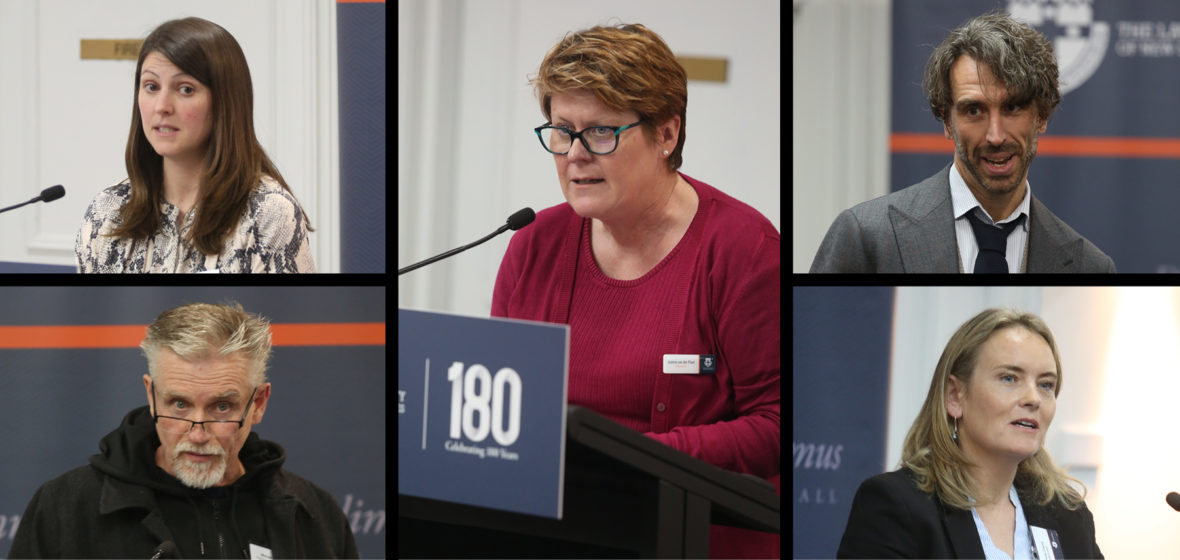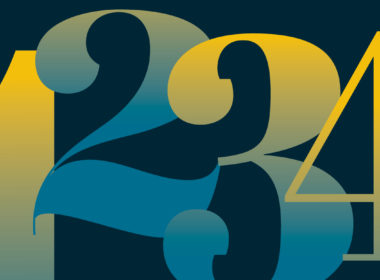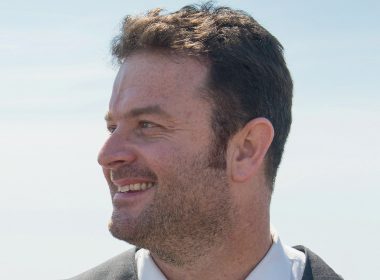From harnessing the power of technology thrust upon the profession by the pandemic, to what makes an ethically good lawyer, the first 2022 FLIP roadshow provided plenty of food for thought.
Now in its fourth year, the FLIP program is a crucial forum that looks at the profession’s future, canvassing everything from digital developments to the latest research in mental health and wellbeing.
In her keynote address to a crowd of more than 80 attendees at the Novotel Brighton-le-Sands on May 6, Law Society of NSW President Joanne van der Plaat noted that while “change” had been floated and theorised about years ago, it is no longer coming: “it’s already here.”
“Lawyers don’t want to simply return to 2019. Instead, they want to take the best from their pandemic experience and capitalise on it for the benefit of their clients, practices and themselves,” she said.
In her keynote, van der Plaat discussed the findings of a 2021 survey of about 1500 members on recent COVID-related changes.
“The results were telling. The vast majority of solicitors who took part in the survey told us two key things: most of the COVID-related changes had been easy to adapt to, and they were keen to see many (although not all) of these changes remain a permanent part of their working lives,” van der Plaat said.
“But solicitors didn’t want to keep all the changes that have been made. And they were frank about the limitations they are currently facing.
“When it came to remote hearings, technology and connectivity issues were the biggest drawbacks. While in litigation, there was also strong push-back against the remote cross-examination of witnesses.”
The President said another trend that accelerated in the post COVID era is a renewed focus on access to justice and pursuit of the ‘missing middle’: each year, one in four Australians will experience a legal problem substantial enough to require a lawyer, yet as many as 84 per cent of Australians aged over 15 won’t receive any legal advice from a lawyer for their legal problems.
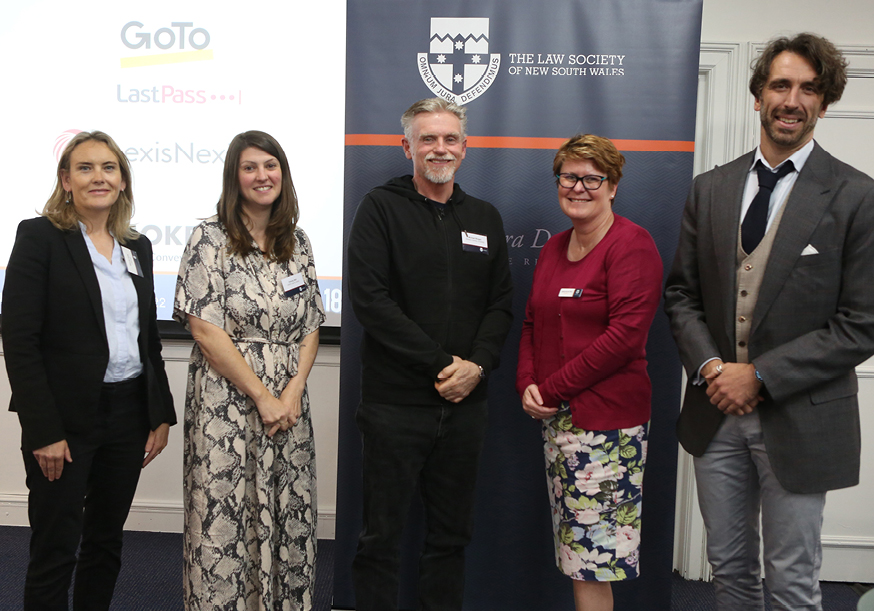
Improving the client experience
Such statistics are why client-centred design has become pivotal to the profession, including in alternative pricing arrangements.
Presenter and FLIP Stream Research Fellow Dr Felicity Bell took to the stage for a presentation about the sources of innovation when it comes to clients. With the help of Professor Marina Nehme, Bell researched partners and firms who perceived themselves as “innovators.”
Bell and Nehme interviewed several firms of different sizes to find out how they incorporated innovation in the business, and what struggles they encountered. Some interviewees, Bell said, “referred to a tension between their traditional and innovation practices.”
Fees were pinpointed as an area in the process of changing. While Bell and Nehme noted that time-billing was still very prevalent, most interviewees in their research emphasised the importance of providing price certainty to their clients.
Fees and structure are still significantly linked to firm culture and the shift in pricing models and structures is being driven from more newly established firms, the presenters said.
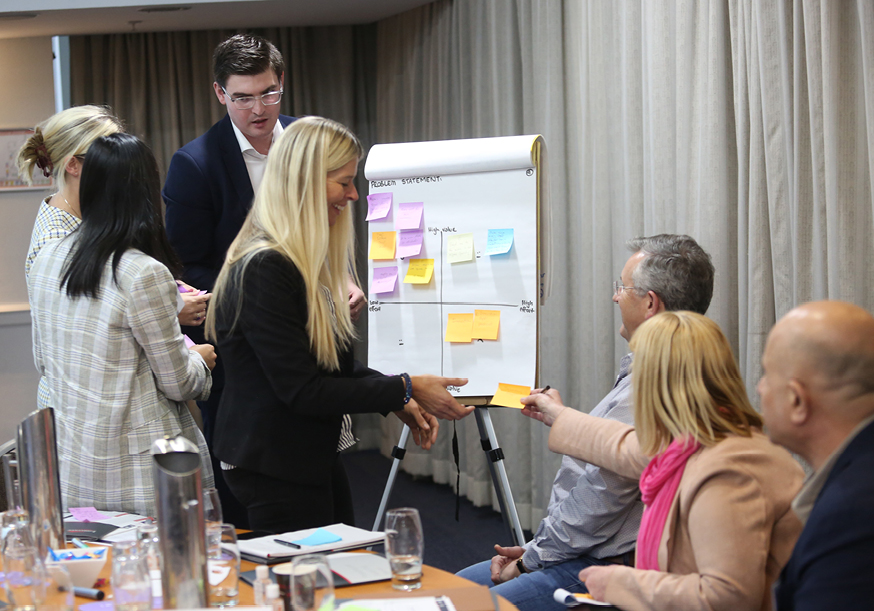
What makes an (ethically) good lawyer?
Michael Brogan from Western Sydney University delivered a keynote on what makes a good lawyer.
Brogan told the crowd that university law schools often focus on teaching what is a good lawyer by giving examples of what isn’t a good lawyer.
He said it is essential to do more than just “avoid being a not good lawyer” before imparting a stronger call to action: the importance of solicitors to be at the forefront of moral discussions and arguments in society, including issues affecting Indigenous communities and the impacts of climate change.
Brogan recommended the creation of a “good lawyer award”: one that rewards lawyers whose work champions the profession to the general public.
In the final presentation of the roadshow, Adjunct Associate Professor Peter Dombkins organised an engaging, interactive workshop on new approaches to problem-solving: dividing the room into groups to design new ways of solving human-centred problems.
Each group drew the issues they were facing on a large pad and then thought outside the box to pinpoint the roots of each situation and gain new perspectives. The final exercise saw attendees try to put on other companies’ shoes and guess how they would resolve those problems from different principles and values.

